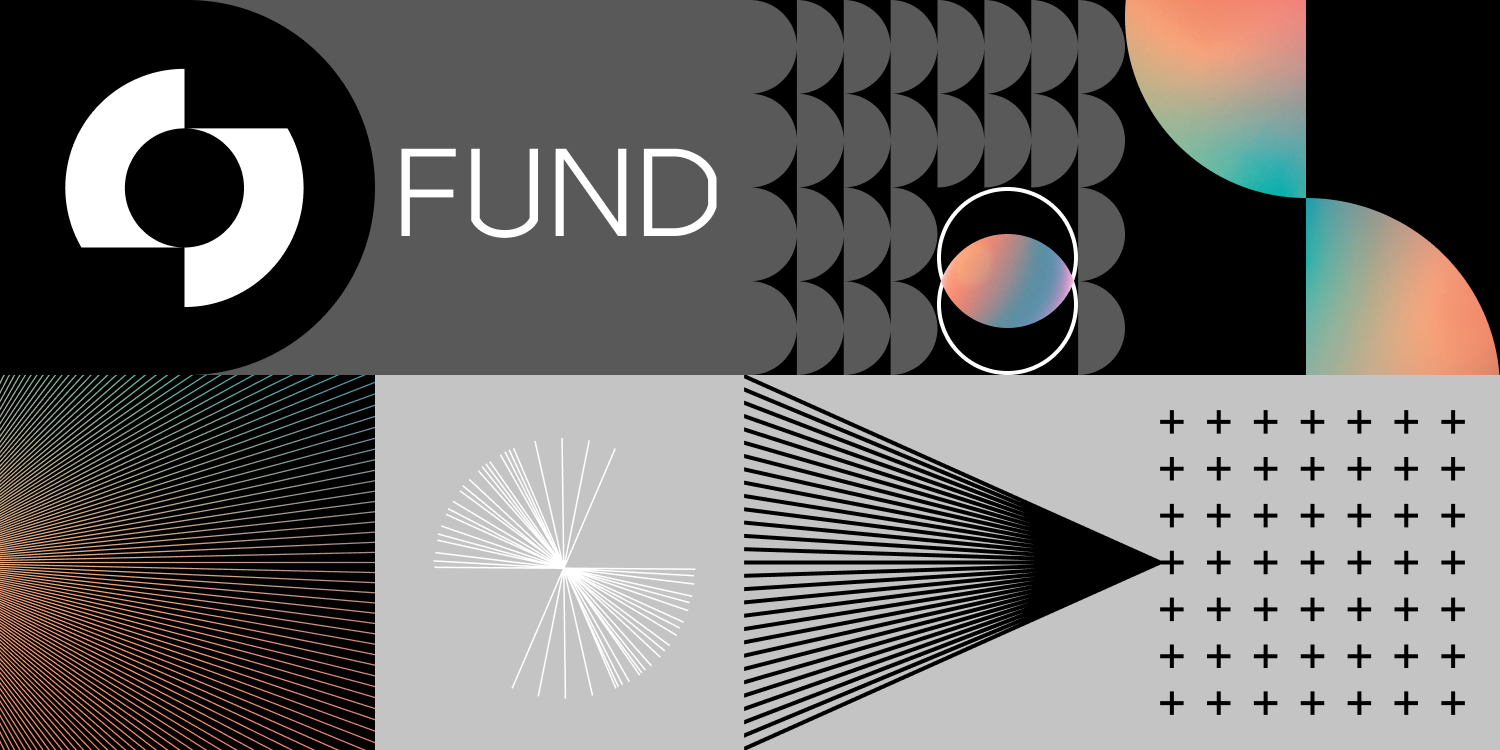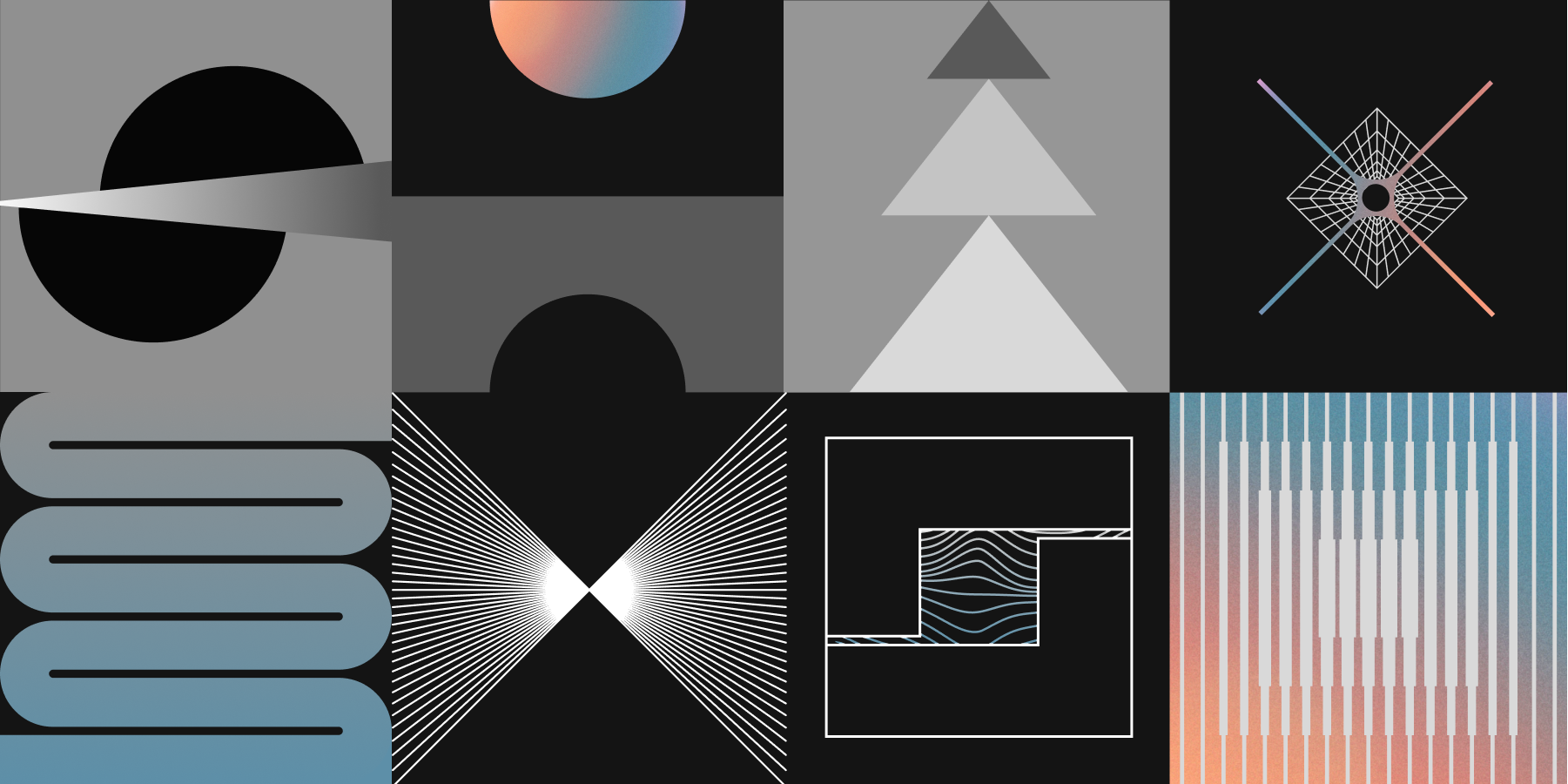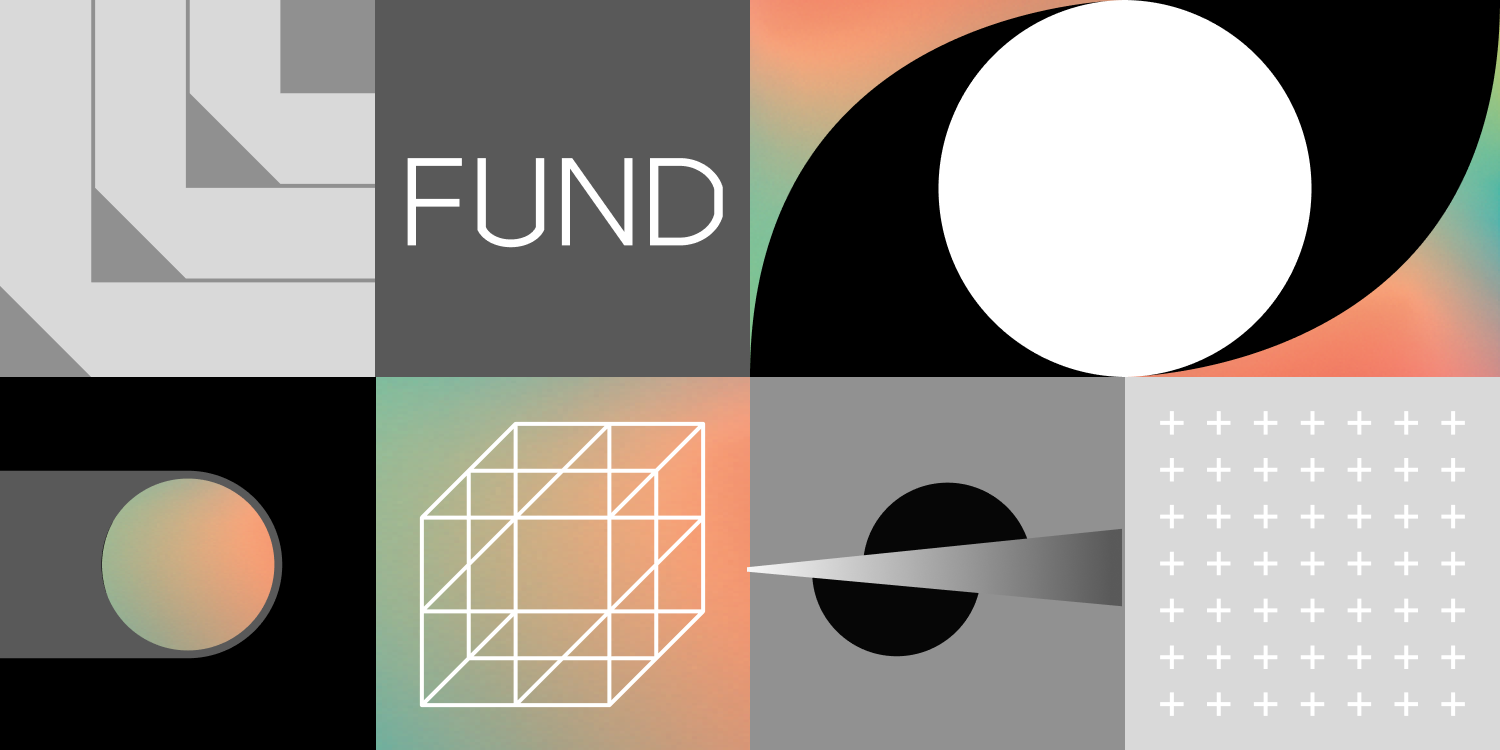Creating New Chains For Bitcoin with Ruben Somsen

Ruben Somsen is a bitcoin researcher and developer and one of Superlunar’s 2022 grant recipients.
When the internet was first introduced, there were two camps: the suspiciously confused and those invigorated for change. Ruben Somsen may have been too young to make a difference during the internet’s beginnings but he’s thrilled to be here for bitcoin’s.
As a bitcoin contributor, Ruben’s story isn’t that of the classic computer science major. While he dabbled in technology and programming as a hobby growing up, his passions were centered around language so he focused on Asian Studies in University.
Post graduation, Ruben took on a nomadic lifestyle, first moving to Japan, then South Korea. Coming from The Netherlands, Asia was an absolute culture shock. According to Ruben, Dutch people are generally pretty self-centered, carrying both negative and positive aspects. It’s common to be self-centered but also independent and vocal about personal wants and needs.
In Japan, everyone seemed to be thinking of everyone else first by default. His time there fundamentally changed his personality. He found himself focusing more on others and therefore becoming a more balanced person in the process. South Koreans were also kind and selfless people but somehow more authentic. Ruben describes South Korea as one of the best places to live or visit. Seoul is a mega metropolis where every subway station feels like its own unique city and everything is open 24/7.
Meeting up About Bitcoin
When Ruben first learned about bitcoin in 2013, it sounded silly. He didn’t understand why it was any different from Paypal. However, he came across a more in depth video that turned his skepticism into curiosity when he finally understood that bitcoin had no centralized point of control. He’d always been one to question processes in favor of efficiency and this appeared to offer a more efficient monetary system. He dove right in.
He started off strictly as a lurker, reading everything developers wrote on Reddit and in the #bitcoin-wizards channel on IRC but never said anything. He was indirectly absorbing a lot of knowledge and admiring from a distance. It was mind-blowing to him that in 2014 only small pockets of the internet were talking about this new technology with an even smaller developer pool. Today, grants can support a lot of contributors, but at the time it was almost exclusively volunteers contributing to the code.
“Bitcoin doesn’t just exist, it’s being kept alive. It can’t exist if people don’t put in the effort. Everyone is responsible and no one is responsible at the same time.” - Ruben Somsen
He searched for a bitcoin meetup in Seoul to no avail so started one with a friend. The Seoul Bitcoin Meetup organically grew and had over 3,000 members at its peak. The group filled his need for socializing, learning, and teaching. It also provided a safe environment to practice public speaking which would serve him well in the future.
Early on, he took the mindset of “how can this break?” and learned all about bitcoin’s limitations. He wanted to help people understand bitcoin but since there weren’t many FAQs or write ups at the time, he had to piece things together on his own. He’d scour the reddit comment sections for Greg Maxwell writings and find sporadic documents. He was then able to teach what he learned in a much more useful way at his meetups.
Learn -> Teach -> Contribute
Ruben enjoyed stringing little details together about bitcoin to come up with new ideas but it was a much more complex process of trying and failing to get there. Anytime he came up with an idea, he assumed it wouldn’t work but that gave him the freedom to fail. It was very educational - the more he went through the ideation process, the better he became. He wants to reinforce to anyone just starting out that it is normal to have 100 terrible ideas before coming up with one that is useful and important. Ruben’s first successful idea was statechains, which he submitted to Scaling Bitcoin 2018 and was accepted.
It was a nerve-wracking experience to meet people he’d been interested in and reading their work for so long. His presentation was well received by developers so he was extended an invite to join the core dev meeting happening adjacent to the conference. After meeting with contributors face-to-face and developing rapport, it was much easier to connect online. This put Ruben’s work into high gear and he became more directly involved by attending more conferences, giving presentations, and expanding on other ideas such as silent payments, softchains, and much more.
“Working on bitcoin involves an infinite amount of work and not enough time to do it.” - Ruben Somsen
Current Projects and Future Goals
There’s currently tension in bitcoin around how difficult it is to change. Everyone has to come to consensus before something different can happen. Ruben recognizes that the constraints within bitcoin are necessary but believes more can be done inside them. In the same way that The Lightning Network has different teams working independently from each other, he wants to help bring that essence to bitcoin. Along with Dhruv, he’s creating a framework for individuals to publish their own spacechains to connect to their bitcoin blockchains.
The innovation and creativity popping up in altcoins can also have a place in bitcoin. Some altcoins with the ability to add chains can incorporate wacky incentives, but there are legitimate reasons to create new chains. Spacechains is a protocol that enables side chains for bitcoin in an unusual way. It allows you to create another chain by having a token that doesn’t compete with bitcoin or incorporate speculative incentive games. This produces benefits for existing bitcoin holders while allowing for creativity without directly affecting bitcoin’s consensus.
Ruben wants to continue making bitcoin the best it can be, including adding as many people as possible without sacrificing decentralization. Like he learned in his time abroad, effective altruism is often not simply solving the problem in front of you like giving money to someone in need, but requires action at a larger scale. Ruben feels that by spending his time on bitcoin, he’s in a position to make the world a better place.
“The world is fueled by transactions and if we can improve its fuel and remove the flaws, it has a compound benefit on everything.” - Ruben Somsen



